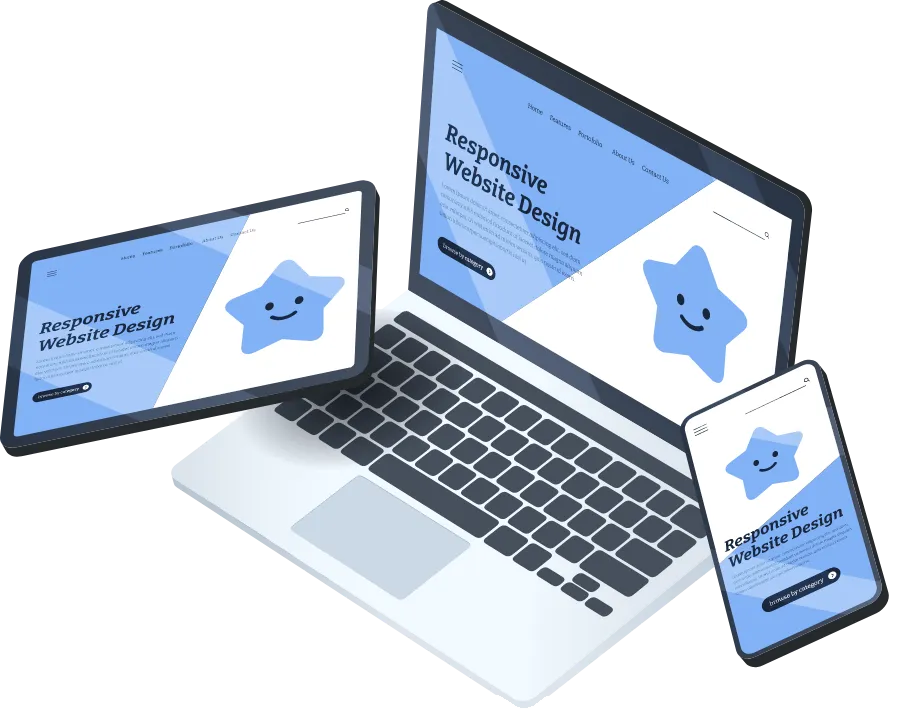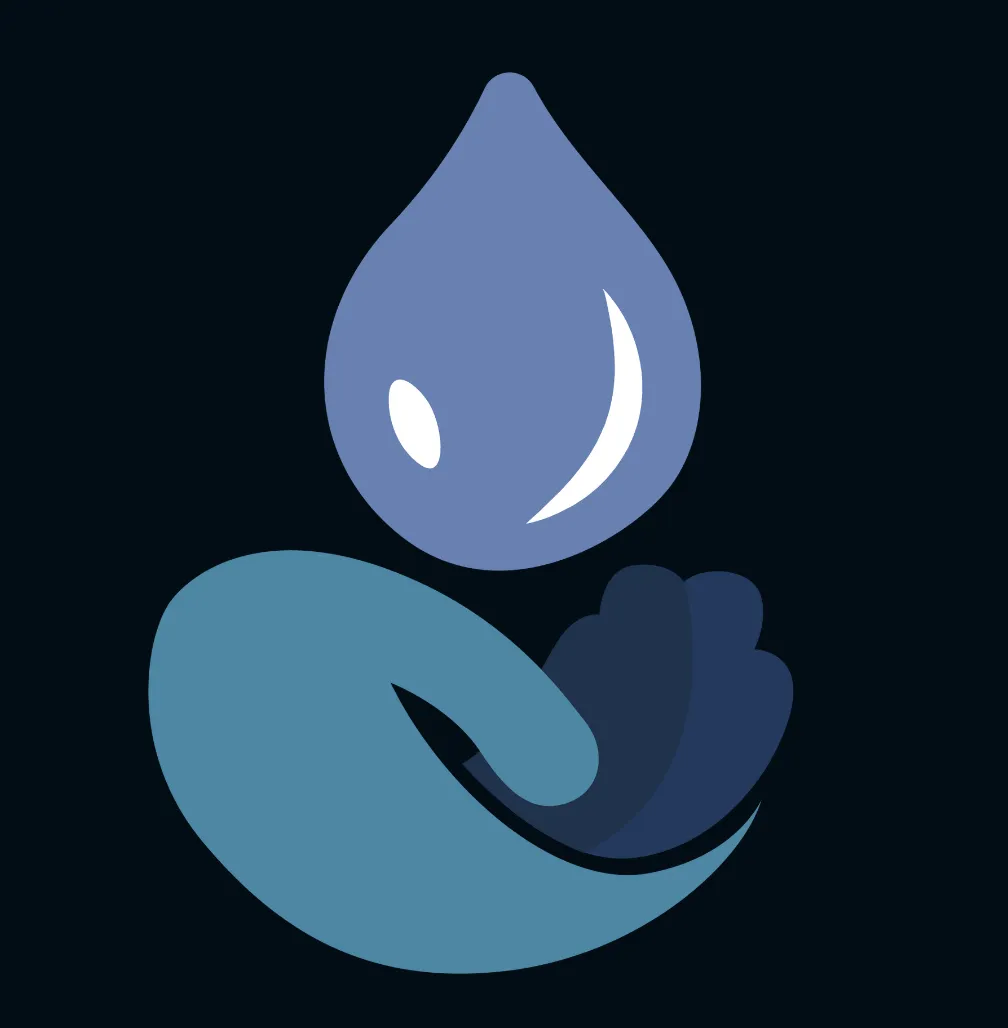Design Your Digital
Success
Crafted Websites and Graphics that Leave a Lasting Impression

Week 9: How Can Individuals Help?
What Can YOU Do to Protect Water?
When we think about fixing big problems like water shortages, it’s easy to assume only governments or scientists can do something. But here’s the truth: every person’s actions add up. You don’t need to be an expert to make a difference. By changing a few daily habits and encouraging others to do the same, you can help protect Uruguay’s water future.
Start at home. The average shower uses around 9 liters of water per minute. Cutting your shower from 10 minutes to 5 can save nearly 45 liters. Turning off the tap while brushing your teeth can save up to 30 liters a week. These changes may seem small, but imagine if every student in your school did the same — that’s thousands of liters saved!
You can also get creative. Use leftover water from washing vegetables to water plants. Put a bucket in your shower to collect water while it warms up. Reuse clean cooking water instead of pouring it down the drain. These simple tricks help reduce waste and teach others to think differently about water.
But your influence doesn’t stop at home. You can educate friends, family, and classmates about the importance of water conservation. Host a “water challenge” week where you compete to see who can use the least water. Post helpful tips on social media, or create posters to hang around your school.
The more people understand the crisis, the more likely they are to act. And if everyone acts — even in small ways — the impact will be huge.
📊 Did You Know?
A leaking faucet can waste over 10,000 liters of water a year.The average person uses over 100 liters of water daily — but half of that can be saved with simple habits.Teens who lead water-saving projects have helped pass local conservation laws in other countries.
🔎 Take Action: Lead by Example
Here’s how to start:
Try a 7-day water-saving challenge with your family or class.Share your results in a blog, video, or social media post.Teach someone one new water-saving habit this week.
📢 Next Week: “The Future of Water in Uruguay”
Let’s explore what could happen if we take action — and what’s at risk if we don’t.
